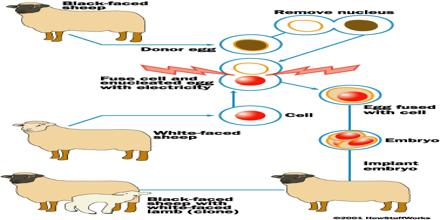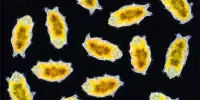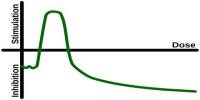Cloning in Biology is a genetically identical copy of an organism, and it may be naturally occurring or created in the lab. There are three types of cloning: gene cloning, reproductive cloning, and therapeutic cloning. Where, Gene cloning is essentially recombinant DNA technology, and Therapeutic cloning involves the production of patient-matched stem cells for disease treatment, and Reproductive cloning is the process by which a whole organism is cloned. Cloning is a natural form of reproduction that has allowed life forms to spread for more than 50 thousand years. It is the reproduction method used by plants, fungi, and bacteria, and is also the way that clonal colonies reproduce themselves.
Cloning in Biology
















